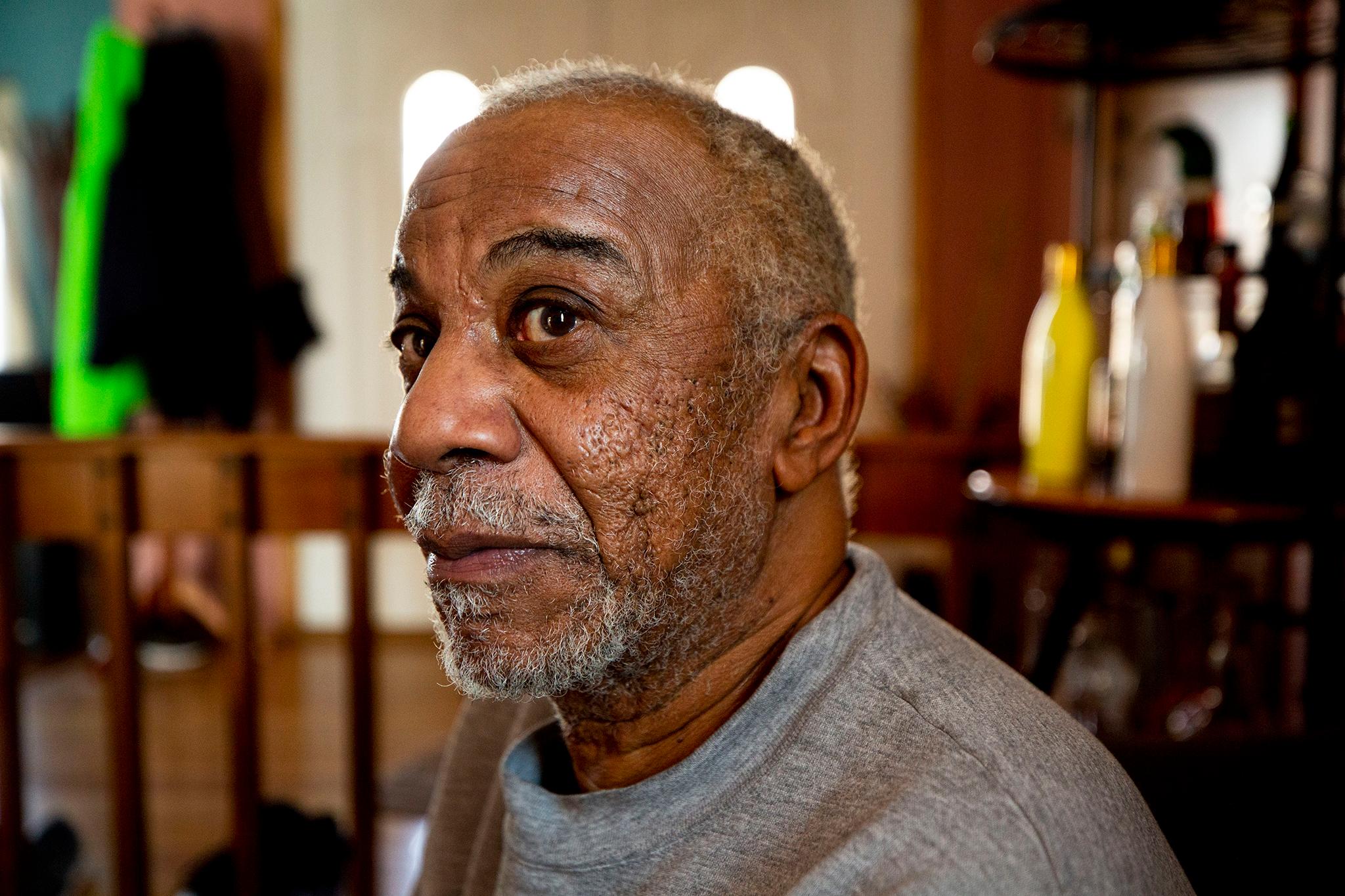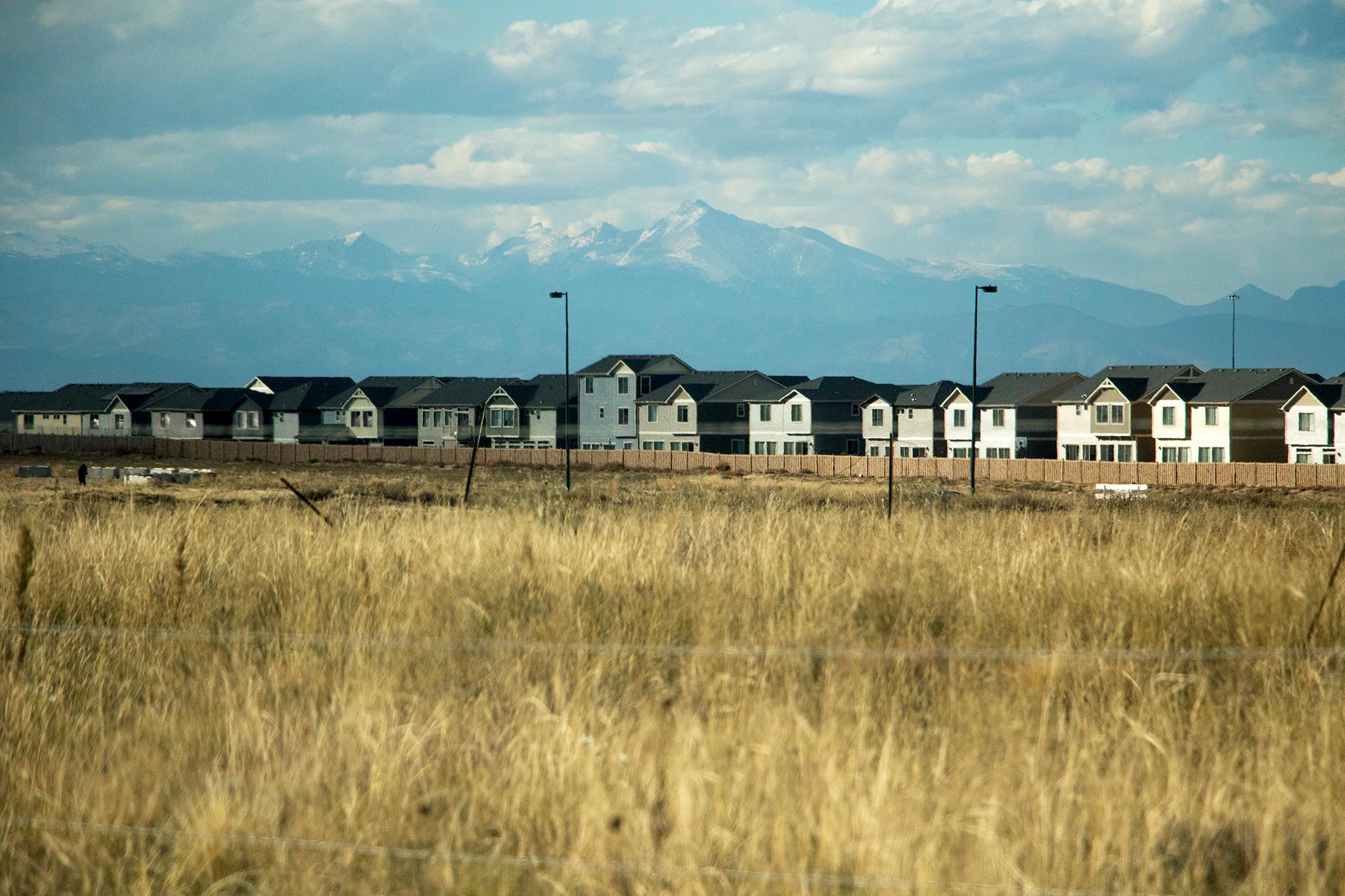Homeowners associations have long had power to evict homeowners in Colorado: When fines and late fees for bad lawns and improperly parked cars rack up, the HOA comes to collect.
While this sort of thing has happened for years, HOAs brought residents to court in record numbers earlier this year. The majority of these cases stemmed from the Green Valley Ranch Master HOA, which said in a statement it was catching up on fee collections and rule enforcement after a voluntary pandemic pause.
Come August, HOAs like the one in Green Valley Ranch will have more hoops to jump through before they can try to take a home away from someone. They'll also have limited ability to levy fees.
On Monday, Denver City Council approved a bill that will require more communication between homeowners associations and residents they want to foreclose on. HOAs will have to give residents 30 days notice before they take a resident to court and try to take their home. Council will also require HOAs to provide a long list of resources with these notices, links to nonprofits and grant programs that might help people avoid foreclosure.
A few months ago, the state legislature also passed a law that limits HOA foreclosures and fines more broadly. Under HB22-137, HOAs can only fine people up to $500 if they fail to address rule violations. City Council president Stacie Gilmore, who presides over Green Valley Ranch and introduced the local bill, said she's spoken to people with fees that stacked up to $27,000.
The new state law also bars HOAs from pursuing foreclosures against residents who only owe money due to broken rules.
Gilmore said she brought up the city legislation because of the issues in her district this year, and expects both laws will keep people from ending up on the street.
"I'm never opposed to providing taxpaying residents, or non-taxpaying residents, access to information to stay housed and to hold onto a generational wealth-building asset that a home is," she told us. "I just want to friggin' keep people in their houses."
Still, these measures don't get at some of the core conflicts that have led to fees and foreclosures. They're also too late for some.
Because the Green Valley Ranch Master HOA collects annual dues through annual property taxes, most of their foreclosure cases this year were related to broken bylaws and would still be illegal under the new state law.
For instance, Fronzo Gilkey, who we spoke with in February, has been battling a foreclosure attempt over fines related to where he parked his car near his Green Valley Ranch home.
While Gilkey said he was glad to hear his association would have to abide by new rules, he added it doesn't do much for him. He was originally slated to go to court in April, but a judge ordered he enter mediation with the GVR Master HOA. While Gilkey, a retired postal worker, said he's already racked up $20,000 in legal fees, he still wants to take the association to trial.
"I'm not settling at all," he said.
His case could end before the new laws are activated in August.

And the original conflicts in many of these cases - how a lawn looks, how a drive way is used, AC units in windows - are still unaddressed by these measures. Gilkey said he'd like to see rules repealed in his neighborhood, describing them as arcane and unfair.
Gilmore told us she's interested in pursuing more rules for HOAs, but she said their bylaws need to be addressed at a higher jurisdiction.
"We needed to do this now, and now that we have this legislation, I'm open to looking at what additional avenues we can take," she said. "But frankly, the HOAs and how they are set up needs to be managed at the state level, because there needs to be consistency."
Meanwhile, Derek Woodbury, spokesperson for Denver's housing department, said the attention brought to these legal fights may have slowed HOAs rolls. They'll be watching what happens when the state and city laws take effect.
"It does appear, based on our information, that HOA-related foreclosures have decreased a bit," he said. "Clearly the intent of these bills was to give homeowners more tools to understand and mitigate judicial liens and HOA-related foreclosures. We will all learn together to what degree this will be effective."













